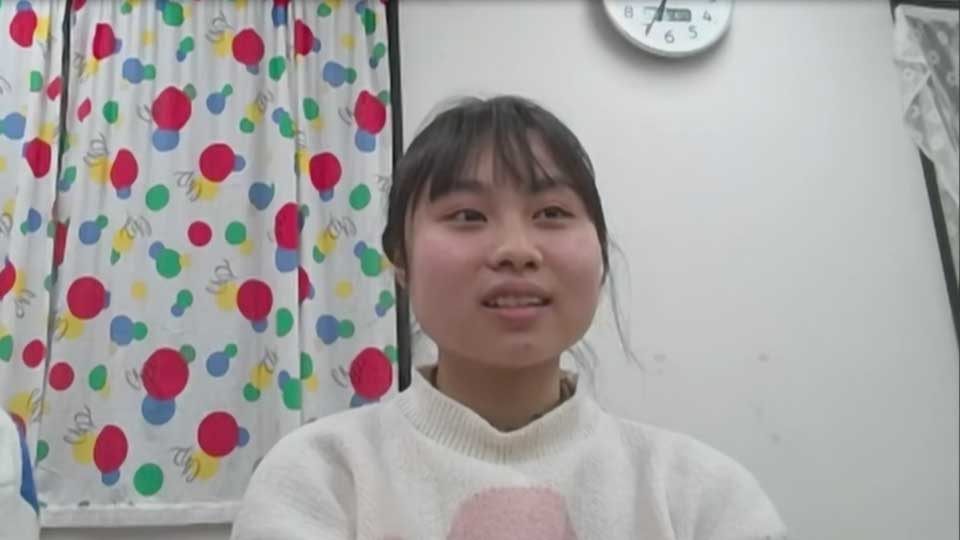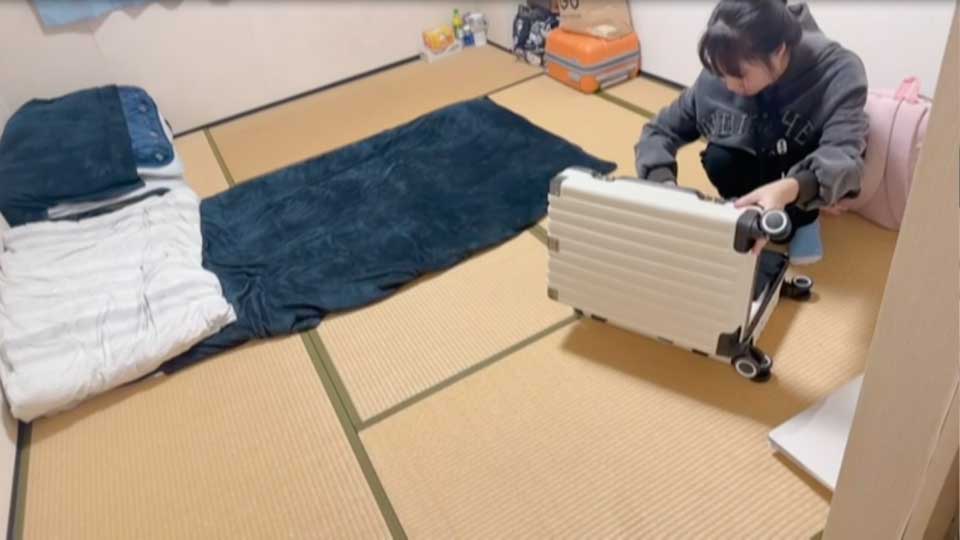Mai, 19, came nine months ago from Vietnam. She was training to work at a seafood processing facility in Nanao City in Ishikawa prefecture when the ground shook.

"Suddenly I started crying. My colleagues tried to comfort me but my sobbing got worse because I didn't know what to do. We finally decided to take our bikes and evacuate to higher ground," she says.

She says none of them had been told exactly where to go or what to do by their company, so they tried to follow their Japanese neighbors.
Mai is one of almost 5,000 Vietnamese people living in the prefecture, some of whom moved to Japan as part of the technical trainee program. She says she was eventually contacted by the Aureole-Vietnam Cooperative Business Association, a group that manages Vietnamese trainees in the area.
Okada Kentaro, a representative of the group, says that the trainees did not know whether they should stay at home or run, or where to go if they decided to flee.
"Japanese people probably knew where the emergency water supply stations were," he says. "But there were trainees who didn't, and it was a difficult situation for them in a lot of ways."

Okada says disaster evacuation manuals for foreign workers were likely too vague.
"The evacuation manuals weren't helpful enough for a disaster of this scale," he says.
Mai is now living in a shelter and is still processing her experience. She says she didn’t tell her mother what she went through just after the quake, to avoid making her worry.
"I was begging my parents for a long time to let me come to Japan. And then this happened. I'm so relieved I have my colleagues during this difficult time. If I had been alone I would have been extremely anxious," she says.

The business association hopes to learn from the experience of Vietnamese trainees like Mai to improve its disaster response.
"We need to figure out a better and smoother way to verify the safety of workers in the future," Okada says.

